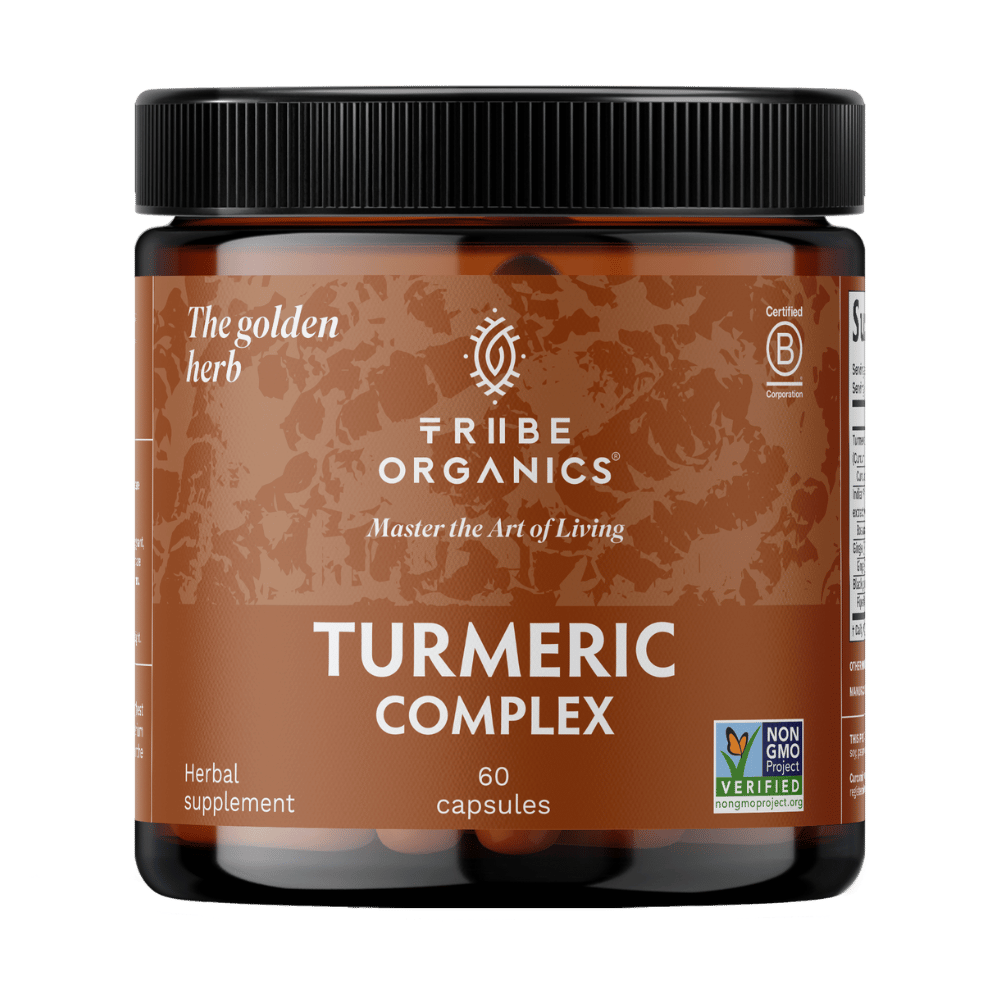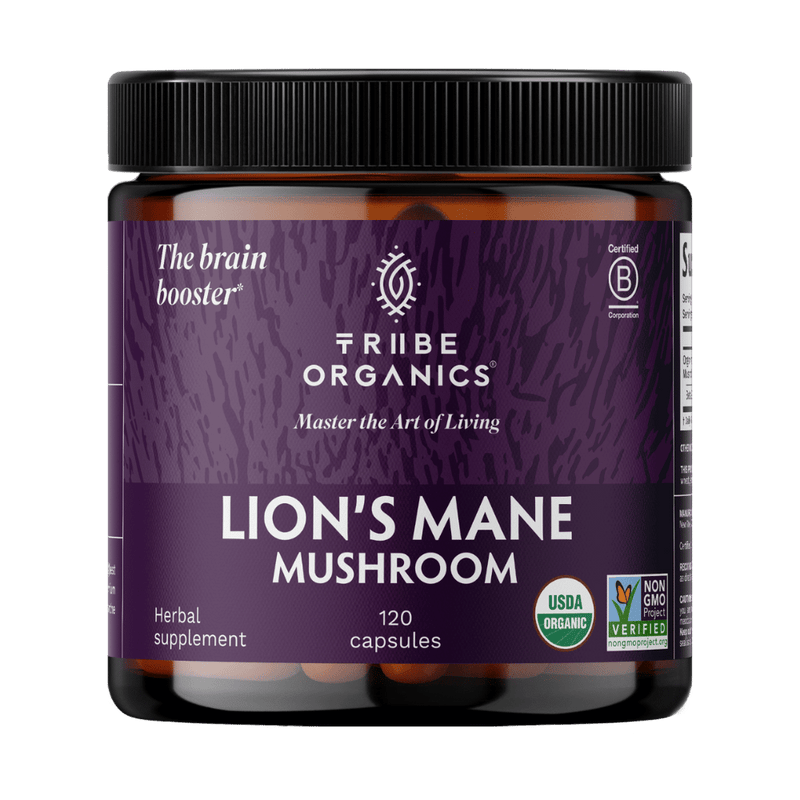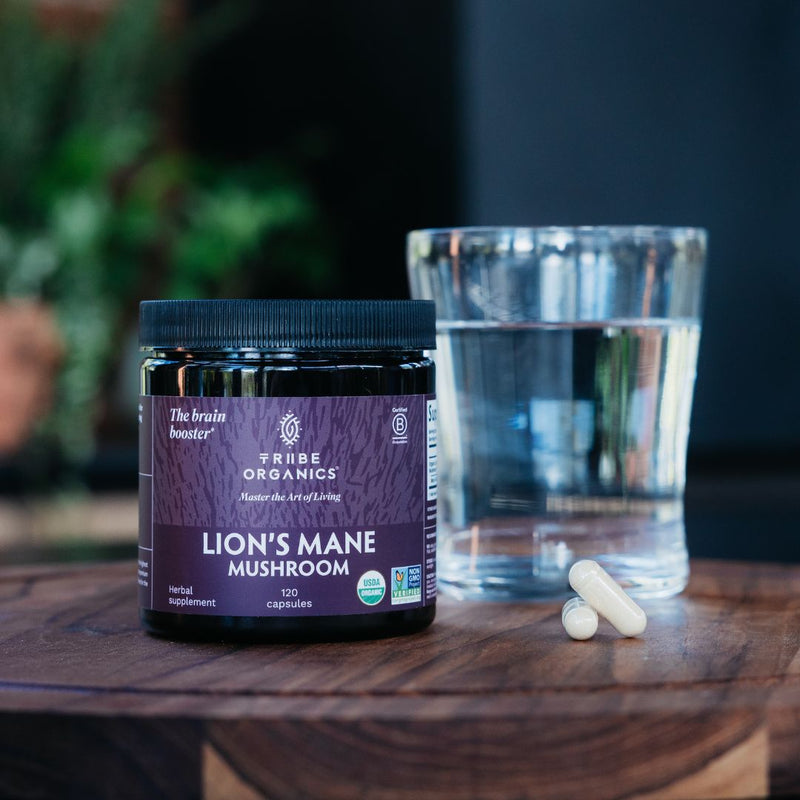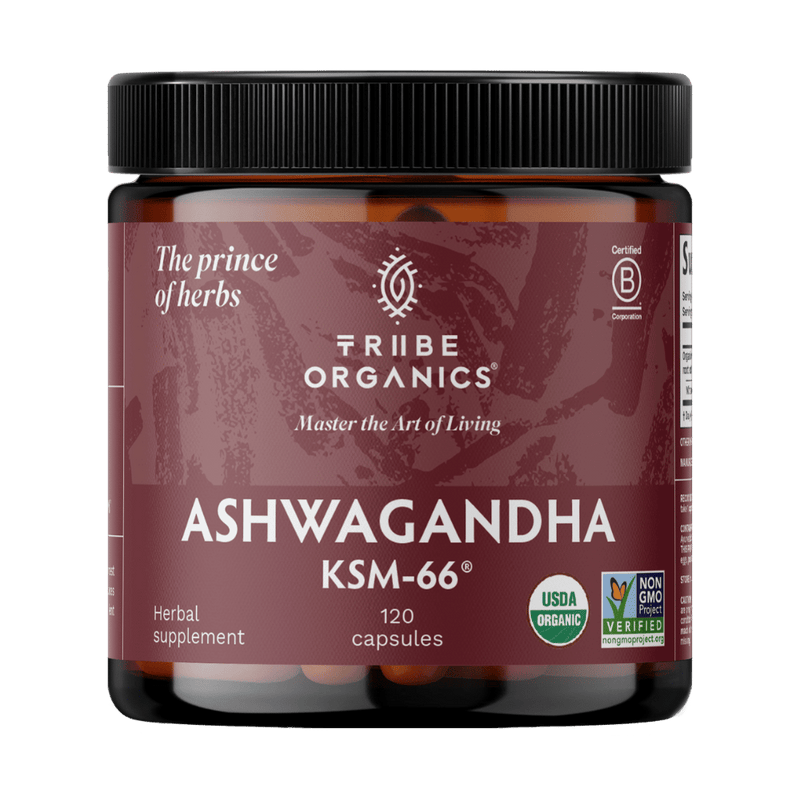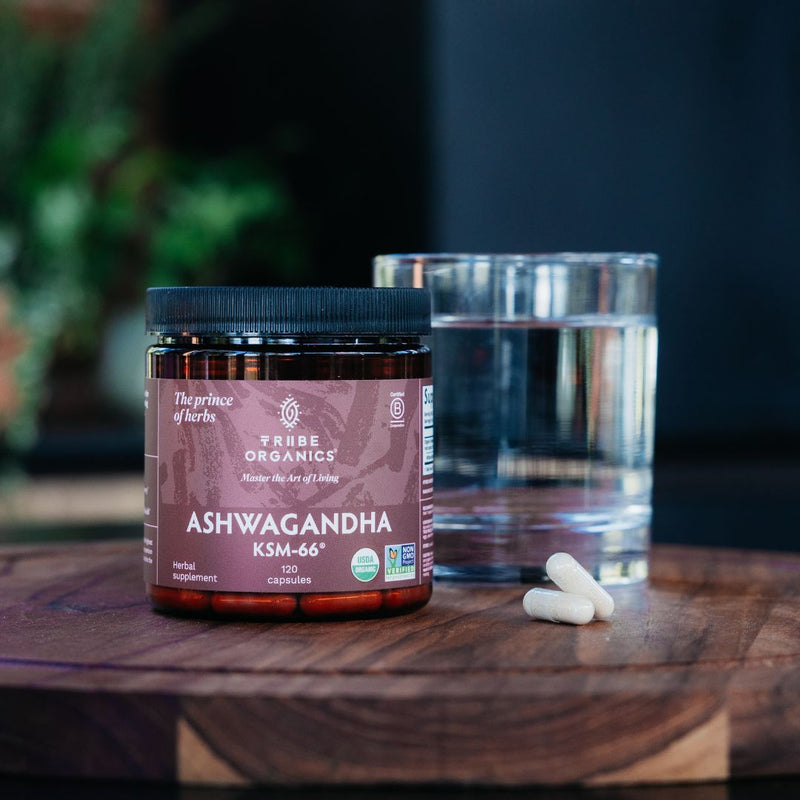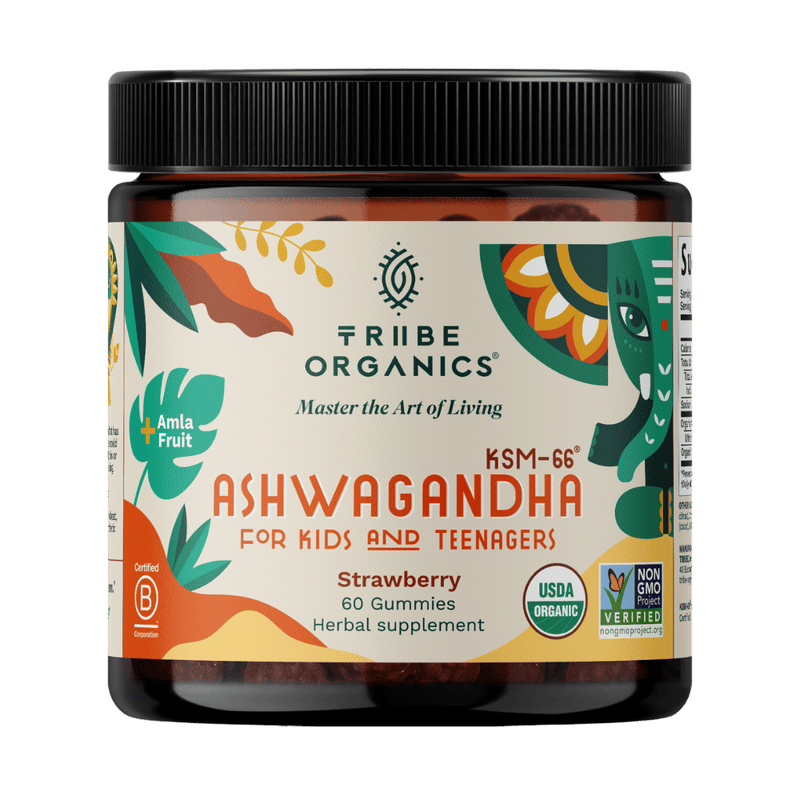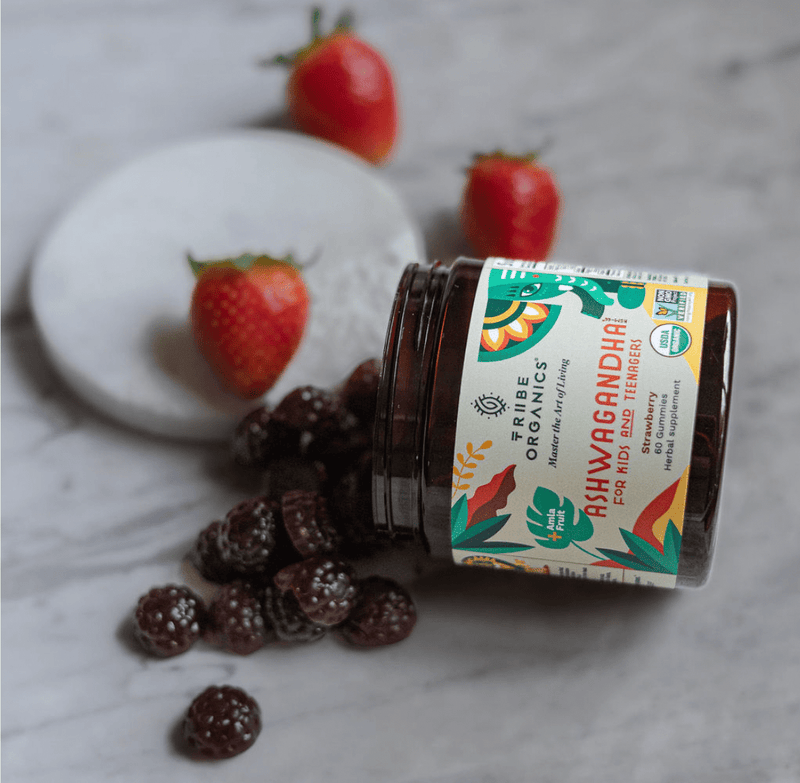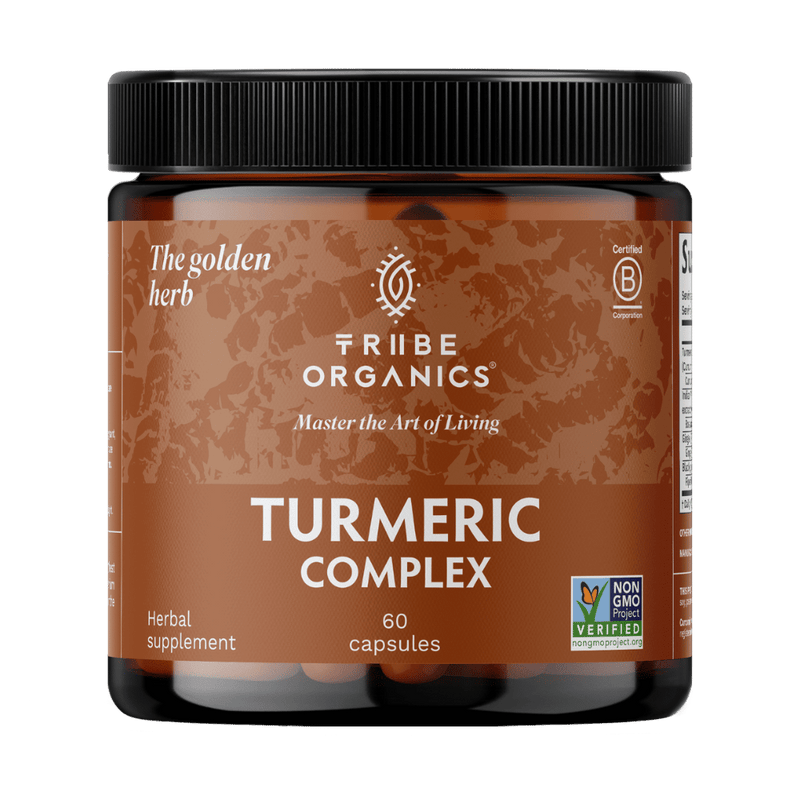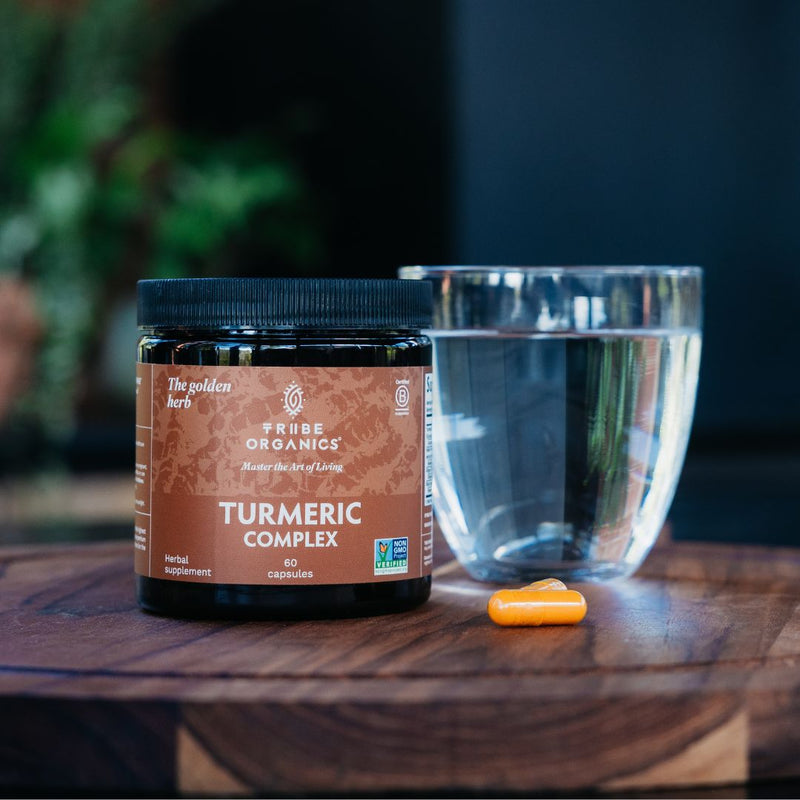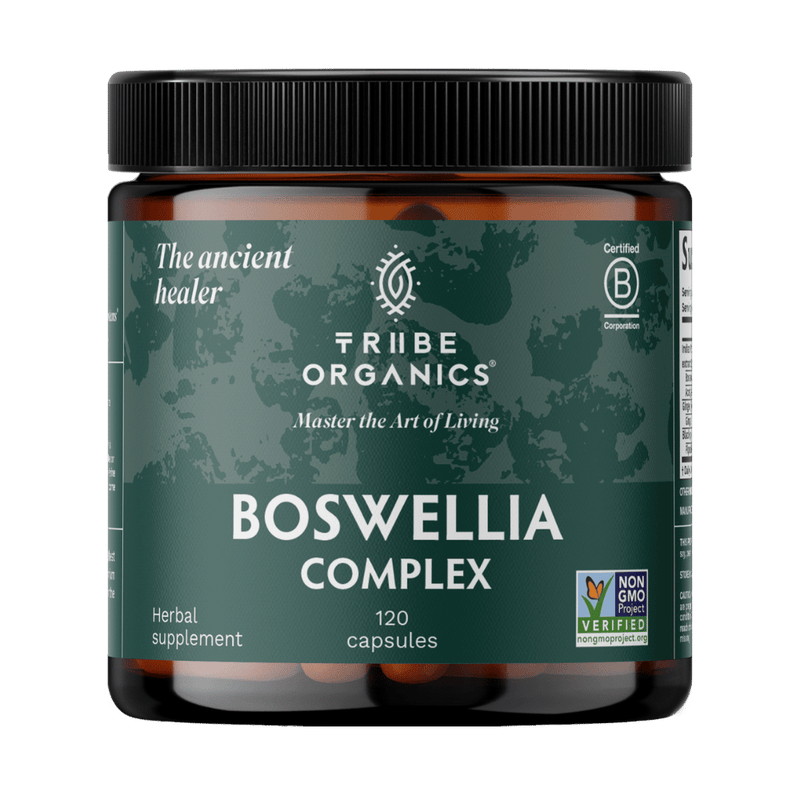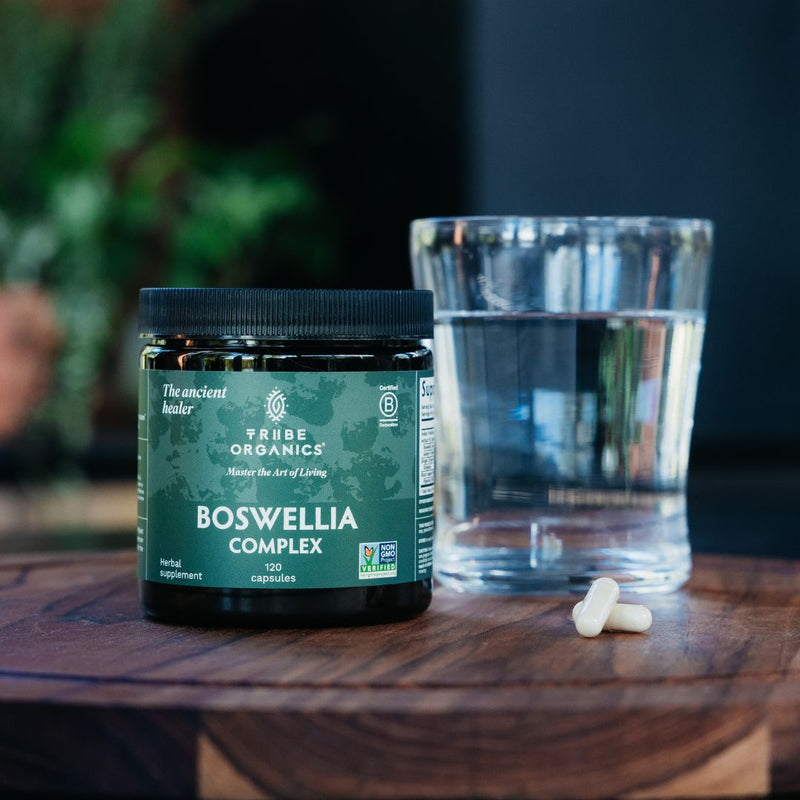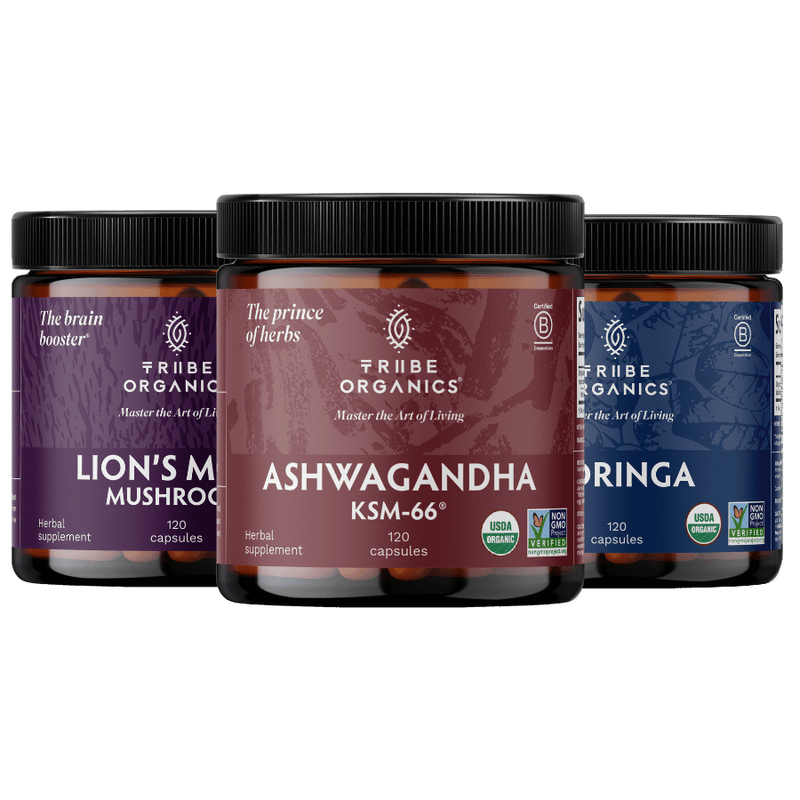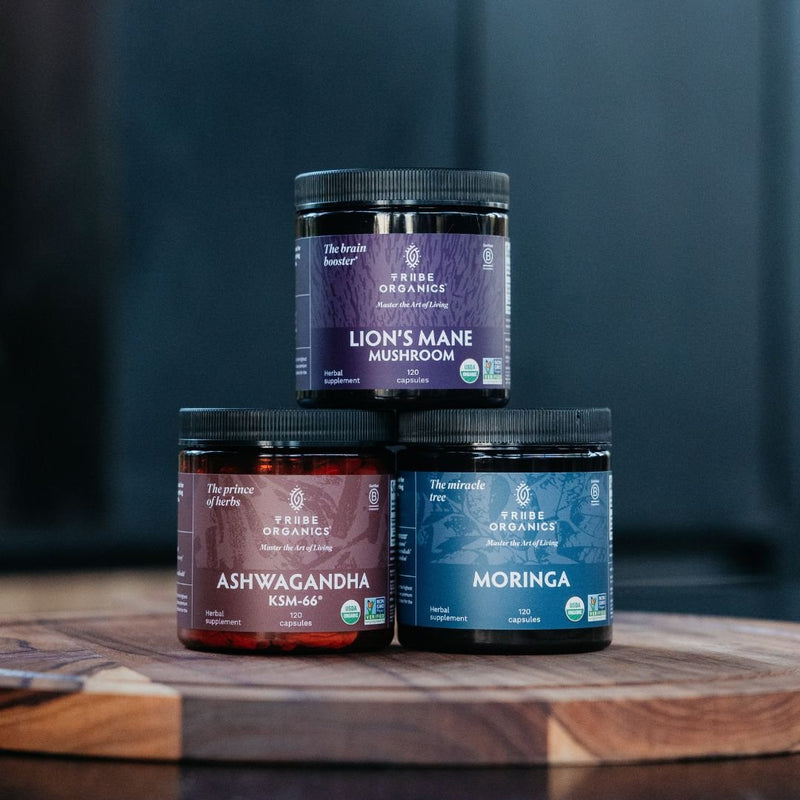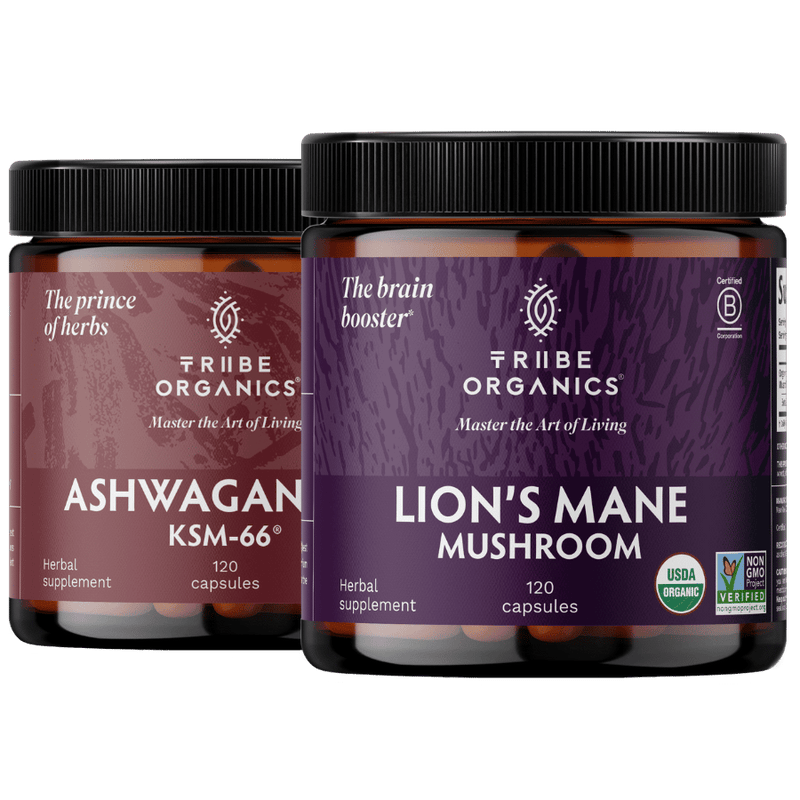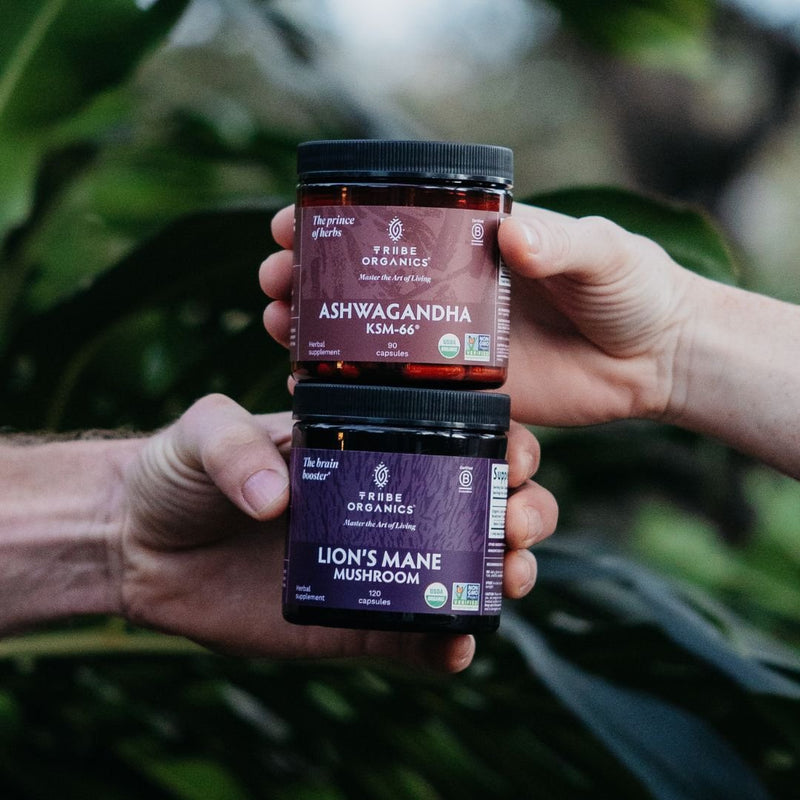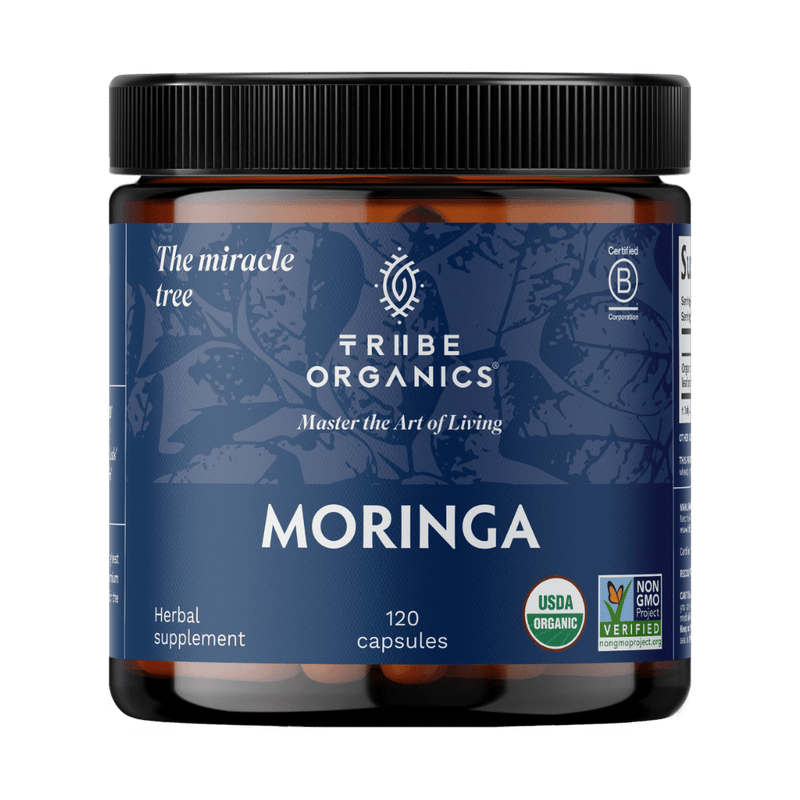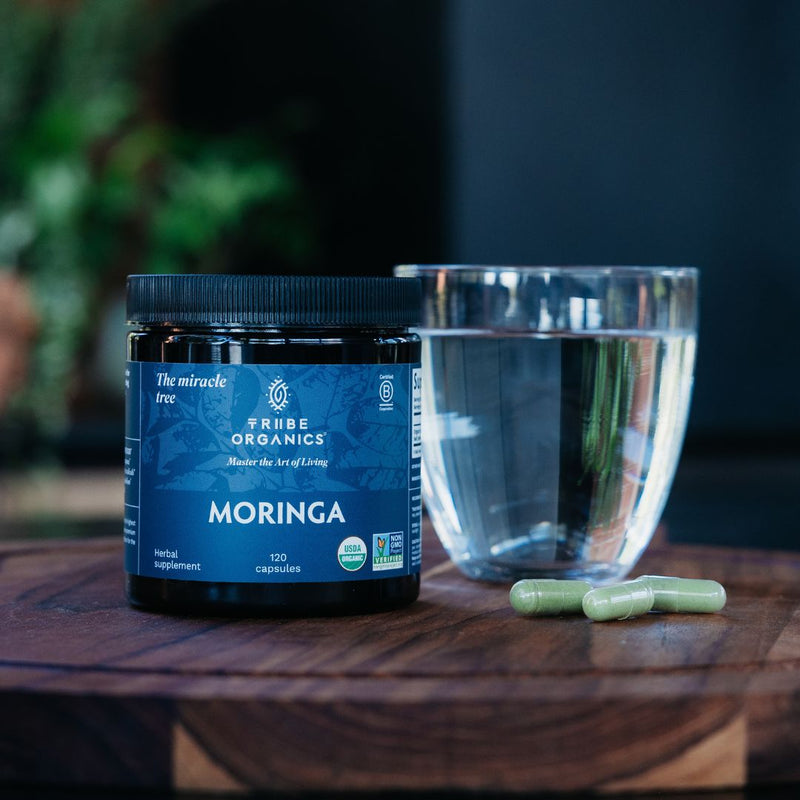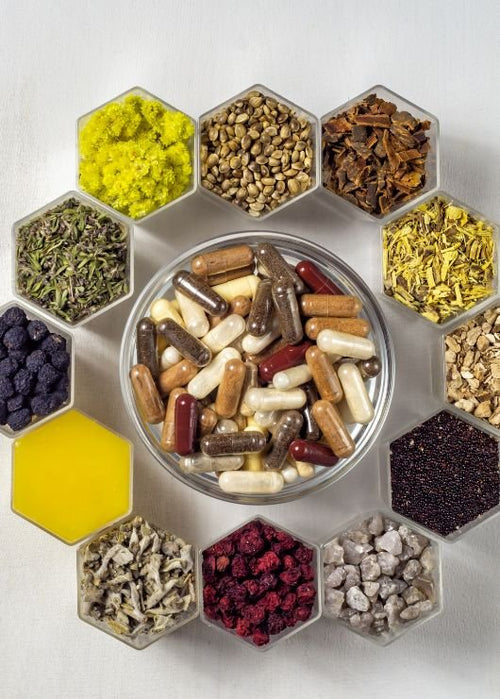Acid reflux is also known as acid indigestion or gastroesophageal reflux disease (GERD). It is a common condition in which stomach contents come back up into the esophagus. This happens when normal pressure and closure of the lower esophageal sphincter (LES) are disrupted.
The LES is a band of muscle that acts as a gatekeeper between the esophagus and the stomach. When this fails, acidic fluids from the stomach can rise into the esophagus.
If you have acid reflux, you might be surprised to learn that many over-the-counter supplements and natural remedies can relieve your symptoms. This article serves as a guide to the best supplements for acid reflux, helping you identify effective options. Sodium alginate, a supplement derived from brown seaweed, forms a protective gel in the stomach to prevent acid reflux.
These include homeopathic remedies, vitamins, and minerals like apple cider vinegar, ginger root, and slippery elm. Choosing the right foods is also important to obtain essential nutrients and manage acid reflux symptoms.
Before starting any new supplement regimen, it is important to consult a healthcare professional to ensure safety and address any potential interactions or specific health needs. Alginate therapy is another natural treatment approach that forms a physical barrier on stomach contents to quickly alleviate acid reflux symptoms. Alginate works by forming a gel-like raft at the top of the stomach, preventing acid from traveling into the esophagus. Additionally, a 2024 meta-analysis found that Iberogast improved various symptoms of functional dyspepsia, including heartburn, after 28 days of use.
Understanding Reflux Symptoms
Reflux symptoms can range from mild discomfort to severe disruptions in daily life. Many people experience a burning sensation in the chest, commonly known as heartburn, as well as throat irritation, persistent cough, or even a sour taste in the mouth. These acid reflux symptoms occur when stomach acid escapes into the esophagus, irritating its delicate lining. In more chronic cases, such as gastroesophageal reflux disease (GERD) or Laryngopharyngeal Reflux (LPR), symptoms can become more persistent and may interfere with sleep, eating, and overall digestive health.
Understanding the root causes of reflux symptoms is key to finding effective relief. Factors like weakened esophageal muscles, certain foods, and lifestyle habits can all contribute to the backflow of stomach contents. By recognizing your unique triggers and how your body responds, you can take steps to manage acid reflux and reduce acid reflux symptoms. Keeping a food diary can help identify triggers for acid reflux symptoms. Natural remedies and supplements, alongside dietary and lifestyle adjustments, can play a significant role in soothing the esophagus, supporting digestive health, and helping you regain comfort and confidence in your daily life.
What Factors Contribute to Acid Reflux?
A few factors can make you more susceptible to acid reflux. Upper gastrointestinal conditions, such as reflux oesophagitis, can also increase your risk. Changing your diet and lifestyle to reduce these factors can affect how often you experience acid reflux.
Certain nutritional ingredients in your diet can either exacerbate or help alleviate acid reflux symptoms, depending on their properties and how they interact with your digestive system.
Stress
When stressed, your body produces more adrenaline and hormones that harm the digestive system. This can slow digestion and cause acid reflux.
Certain foods
Common culprits include carbonated drinks, coffee, spicy and fatty foods, chocolate, and alcohol. Furthermore, certain medical conditions can cause acid reflux, especially those that make the esophagus weaker or less able to handle stomach acids. Heartburn is a common symptom of gastroesophageal reflux disease (GERD).

Lifestyle Changes for Relief
Adopting healthy lifestyle habits is one of the most effective ways to manage acid reflux and reduce symptoms of GERD. Simple changes, such as maintaining a healthy weight and steering clear of acidic foods and other known triggers, can make a noticeable difference in how often you experience reflux symptoms. Eating smaller, more frequent meals instead of large portions helps prevent excess pressure on the stomach, while staying upright after eating allows gravity to keep stomach contents where they belong. Wearing loose-fitting clothing can also reduce pressure on the stomach and minimize reflux.
Other helpful strategies include quitting smoking, limiting alcohol consumption, and elevating the head of your bed to minimize nighttime reflux. Incorporating regular physical activity and practicing stress-reducing techniques like yoga or meditation can further support digestive health and ease symptoms. For many, combining these lifestyle changes with dietary supplements or natural remedies offers additional relief. However, it’s important to consult a healthcare provider before starting new supplements or making significant changes, especially if you have certain medical conditions or are taking prescription medications. By making thoughtful adjustments and seeking professional guidance, you can take control of your acid reflux and enjoy lasting relief.
Apple Cider Vinegar
Apple cider vinegar is an excellent remedy for acid reflux. Drinking one tablespoon of apple cider vinegar mixed in water first thing in the morning is an excellent way to reduce heartburn symptoms. It lowers your body's pH, which neutralizes stomach acid and helps prevent reflux.
It's also a great source of probiotics and can be used as a natural antibiotic if you catch a cold or flu. You can also use apple cider vinegar as a home remedy to treat acne, dandruff, psoriasis, and eczema. It's a great way to cleanse your skin and remove toxins from your body.
Apple cider vinegar also balances your body's PH, which can help regulate your weight and prevent obesity.
Turmeric is an excellent anti-inflammatory agent, which makes it a natural choice for treating acid reflux. Many people drink turmeric tea, but you can also put it in smoothies and other foods. If you're a fan of Indian food, you've probably unknowingly been eating turmeric already.
This herb is a crucial ingredient in most Indian curries and soups. But eating Indian food isn't the only way to get turmeric. Most grocery stores have turmeric supplements and powders. You can also find it on our website.
You can also find turmeric in many commercial teas. Turmeric is also known to be beneficial for your health in other ways. It can help improve digestion, prevent cancer, lower blood pressure, and relieve joint pain and arthritis symptoms.
Ginger Root
If you’re suffering from heartburn, ginger root can be beneficial. Chewing on a slice of ginger root can help reduce and prevent heartburn. Ginger has also been shown to relieve symptoms of acid reflux and other digestive issues, making it a natural option for alleviating discomfort. Ginger root also has anti-inflammatory properties and is excellent for treating stomach ulcers. However, it is important to note that while ginger is commonly used to soothe an upset stomach and relieve nausea, there is limited evidence supporting its role in acid reflux relief. Ginger is a staple in most Asian cuisines, so it’s easy to get it into your diet.
Many curries and stir-fries contain ginger, and you can also add it to smoothies and juices, too. You can also find ginger root supplements at health food stores. Ginger is beneficial for more than just heartburn. It can help you maintain a healthy weight, prevent headaches, and improve the symptoms of an upset stomach.
Slippery Elm
Slippery elm is an herb that can help with acid reflux. It’s an excellent remedy for inflammation and irritation of the esophagus. Slippery elm works by providing relief through its soothing effect on the digestive tract, coating and protecting the mucosal lining. It forms a protective barrier that coats the esophagus and stomach lining, shielding them from stomach acid. However, taking ginger, another natural remedy, can increase the risk of bleeding when taken with blood thinners like warfarin, so caution is advised.
You can buy throat lozenges that contain this herb and dissolve in your mouth.
You can also make tea out of slippery elm by steeping about one tablespoon in one cup of boiling water for about 10 minutes. Strain and drink the tea whenever you feel heartburn coming on.
You can also add slippery elm to your daily diet. It is often used in baked goods like bread and muffins. You can also add it to smoothies and protein shakes. You can also find slippery elm lozenges and supplements at health food stores.
Probiotics are beneficial bacteria that can help with acid reflux. Probiotics are effective in relieving symptoms of GERD and other digestive issues, such as regurgitation and heartburn. Clinical studies have shown significant improvements in acid reflux symptoms with probiotic supplementation. The best way to get probiotics is by eating cultured dairy products. You can also find probiotic supplements that are less effective than naturally cultured foods. Probiotics are also great for your overall health. Additionally, melatonin plays a role in regulating stomach acid and protecting the stomach lining, making it a possible supplement for acid reflux relief.
They can improve digestion, boost your immune system, and prevent obesity. Probiotics can also help reduce stomach pain associated with acid reflux and other digestive issues. You can add more probiotics to your diet by regularly eating yogurt and kefir. You can also eat cultured dairy products like cottage cheese and cheese curds.
Probiotics are also known to be beneficial for your skin. They can help reduce acne and eczema and even help you grow thicker hair.

Vitamin B6 and Magnesium
B vitamins are essential for your health, but many people suffer from B6 deficiency. This can lead to acid reflux and heartburn. You can prevent this by regularly eating whole grains and beans. Vitamin B6 and folate may help reduce symptoms of acid reflux, including heartburn. Food sources of vitamin B6 include fish, beef liver, potatoes, and chickpeas.
You can also take a vitamin B6 supplement to make sure you're getting enough of this essential vitamin. Magnesium is another supplement that can help with acid reflux. It's a natural relaxant that can help prevent spasms and cramps in your digestive tract.
You can find magnesium supplements at health food stores. Taking a vitamin B6 and magnesium supplement can help with your acid reflux. It can also be a great way to prevent heart disease, regulate blood pressure, and improve mood.
Shop your Premium Herbal Dietary Supplements for Acid Reflux at TRIIBE Organics' Website
TRIIBE Organics provides herbal supplements for better health and a longer life. We sell a variety of herbal supplements that are meant to prevent acid reflux.
The company's products are designed to improve blood flow and reduce blood pressure and cholesterol levels. All Triibe Organics supplements are formulated with 100% certified organic and vegan-friendly herbs. They're non-GMO, gluten-free, and kosher-certified, and contain no artificial ingredients or preservatives.
We want you to be delighted with your purchase. Therefore, your order is fully protected by our TRIIBE Satisfaction Guarantee.
Heartburn is a common problem that can be uncomfortable. Occasional heartburn can often be managed with short-term remedies, but persistent symptoms may require other treatments such as dietary supplements or medication to effectively treat GERD and alleviate symptoms. While antacids can help reduce your symptoms, acid reflux can be more than just a nuisance. It can be a sign of a more serious health condition. Chronic acid reflux can lead to complications such as Barrett's oesophagus, which increases the risk of esophageal cancer. If you have constant heartburn, you should see your doctor. It is important to discuss all medications, including proton pump inhibitors, and potential side effects with your healthcare provider.
They can perform tests to rule out any severe health conditions. Heartburn is not only uncomfortable, but it can damage your esophagus over time by irritating the esophageal lining. Fortunately, you can use supplements and other treatments to treat your acid reflux symptoms and help alleviate symptoms. Vitamin B deficiencies can occur due to long-term use of proton pump inhibitors (PPIs), so monitoring your vitamin levels is important.
Apple cider vinegar, turmeric, ginger root, and slippery elm are all great herbs to relieve heartburn. You can also take a vitamin B6 and magnesium supplements. Taking supplements as part of a comprehensive approach to treating GERD may help some patients become symptom free after four weeks of consistent use. Some supplements and medications work by protecting the esophageal lining and alleviating symptoms such as burning and chest pain.
Clinical trials and more research are needed to confirm the effectiveness and safety of supplements and other treatments for acid reflux. Always consult a healthcare professional before starting or combining supplements with medication to avoid side effects and ensure the best approach to treating GERD.
Shop best sellers
Explore our collection of favorite items that have gained popularity for their quality and satisfaction.

